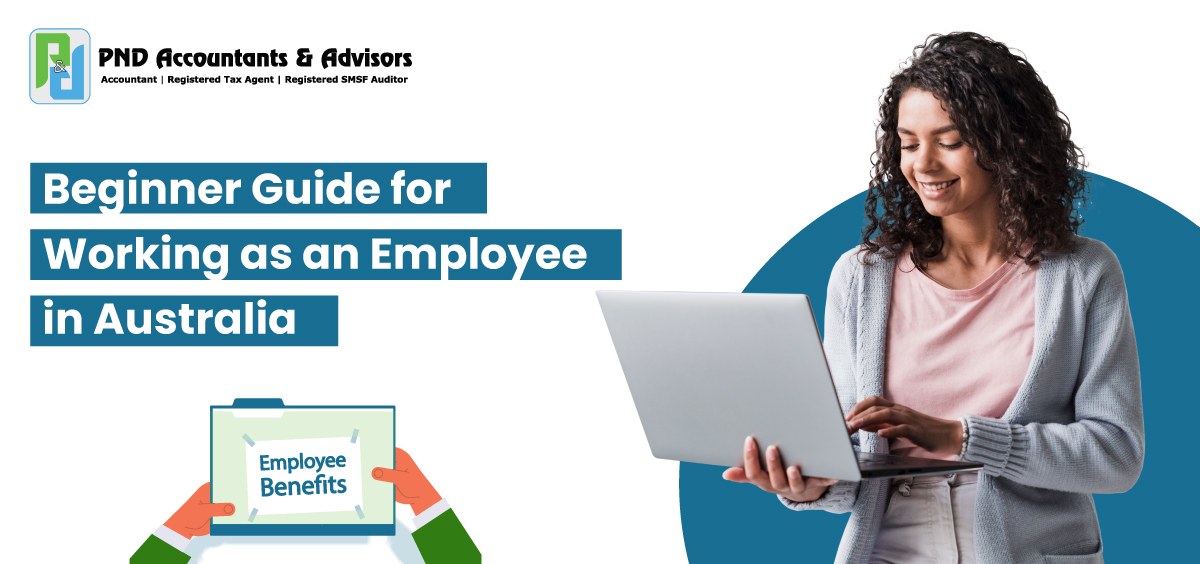Are you aware of your rights and obligations as an employee? Some of these rights and obligations may vary depending on the specific nature of your job and the state or territory in which you work.
Rights:
- Receive a fair wage or salary for your work.
- Right to work in a healthy and safe environment.
- To receive leave entitlements, including annual, personal/carer’s, and parental leave.
- Right to work in free discrimination and harassment in the workplace.
Obligations:
- You are expected to arrive at work on time and perform your duties to the best of your ability.
- Follow the employer’s procedures and policies.
- You are expected to be honest and loyal in your work.
- You are expected to respect the rights of your colleagues and maintain a professional working relationship with them.
- You are expected to maintain confidentiality as appropriate.
- It’s important to familiarize yourself with your rights and obligations as an employee and the specific terms of your employment contract to ensure that you are treated fairly and appropriately in the workplace.
- If you have any questions or concerns about your rights or obligations as an employee, you can seek advice from your employer, a union representative, or a legal professional.
As an employee in Australia, you are required to pay income tax on the payments you receive from your employer. This includes your salary or wages and any other income you receive as an employee, such as bonuses or commissions.
Your employer is responsible for withholding the correct amount of tax from your pay and sending it to the Australian government on your behalf. This is known as the “pay as you go” (PAYG) tax. Your employer will use information from your tax file number (TFN) and your Tax-Free Threshold Declaration form to determine how much tax to withhold from your pay.
If you have yet to provide your employer with your TFN or complete a Tax-Free Threshold Declaration form, your employer will be required to withhold tax at the highest marginal rate, which is currently 47%. This may result in a higher amount of tax being withheld from your pay than you would otherwise need to pay.
It’s important to ensure that your employer has your correct TFN and that you have completed a Tax-Free Threshold Declaration form so that the correct amount of tax is withheld from your pay. You can check your tax withheld by looking at your payslips or contacting your employer.
If too much tax has been withheld from your pay, you may be able to claim a tax refund when you lodge your tax return.
Your rights and obligations may change, if you:
- leave or change jobs
- have income from more than one job
- work overseas
- are a working holiday maker
- leave the workforce (retire).
You’re correct that your rights and obligations as an employee can change in certain circumstances. Here are some examples of situations in which your rights and obligations as an employee may be affected:
If you leave or change jobs: When you leave or start a new job, your rights and obligations as an employee will be different than in your previous job. It’s important to review your new employment contract carefully to understand your rights and obligations as an employee in your new position.
If you have income from more than one job: If you work for multiple employers simultaneously, each employer is responsible for withholding tax from your pay according to your TFN and Tax-Free Threshold Declaration form. It’s important to ensure that the correct amount of tax is being withheld from your pay by each employer to avoid overpaying tax.
If you work overseas: If you work overseas, you may be subject to the tax laws of the country in which you work, as well as Australian tax laws. It’s important to understand your tax obligations in both countries to ensure that you are paying the correct amount of tax.
If you are a working holiday maker: If you are a working holiday maker in Australia, you may be entitled to a tax-free threshold, meaning you do not have to pay tax on the first $18,200 of your income. It’s important to ensure that your employer knows your status as a working holidaymaker and applies the correct tax rate to your pay.
If you leave the workforce (retire): If you retire or otherwise leave the workforce, your rights and obligations as an employee will change. You will no longer be required to pay tax on your salary or wages, and you may be eligible for certain entitlements such as a pension or superannuation. Understanding how your retirement will affect your rights and obligations as an employee is important.
It’s important to be aware of how your rights and obligations as an employee may change in different circumstances so that you can understand your responsibilities and ensure that you are being treated fairly in the workplace.
If you have any questions or concerns about your rights and obligations as an employee, you can seek advice from your employer, a union representative, or a legal professional.




